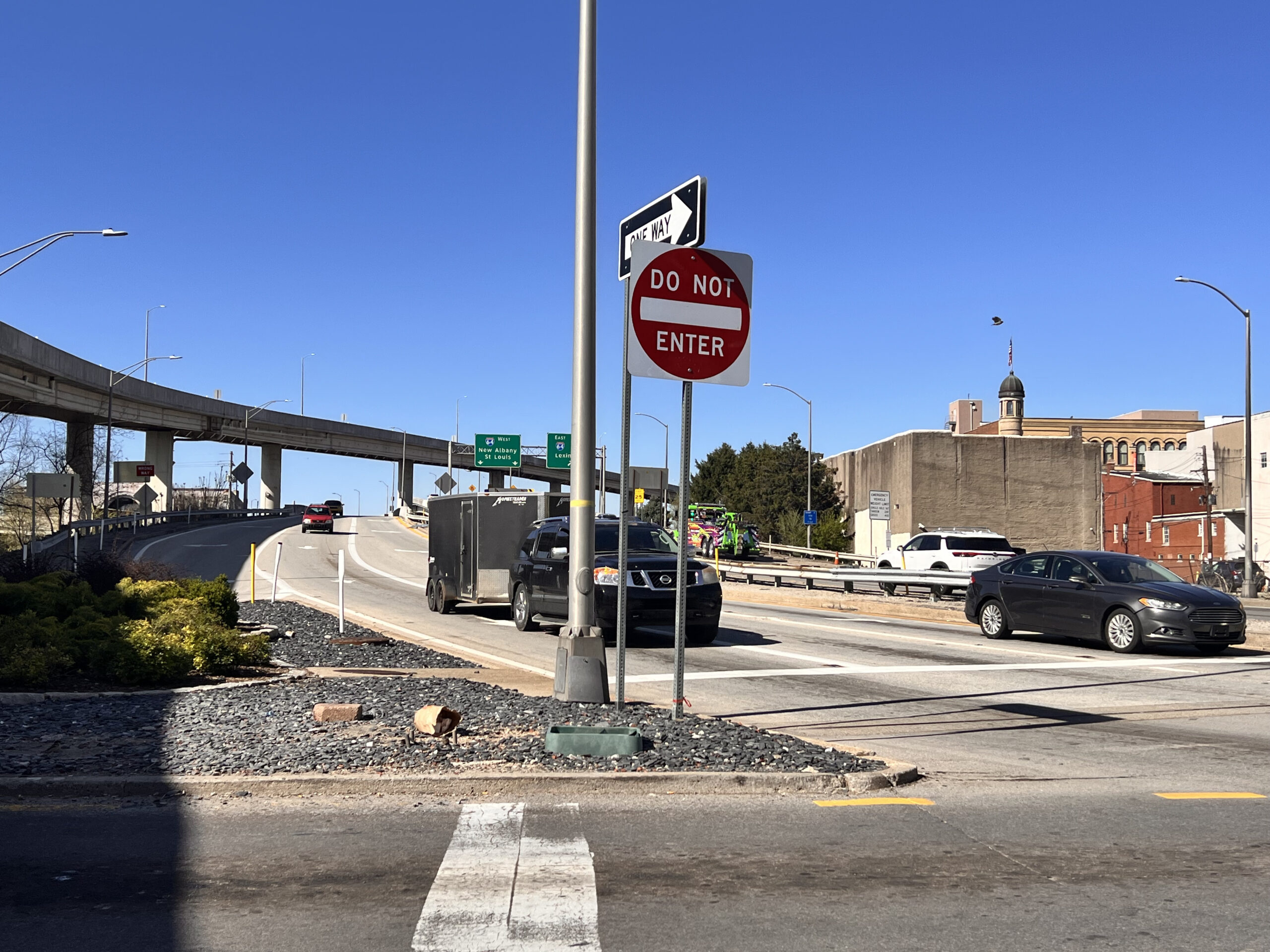A gas leak is likely to blame for an explosion that happened around 5:30 a.m., Sunday, May 19, 2019, in a home in Southern Indiana. A Jefferson fire department spokesperson said that the home was almost completely destroyed and six nearby home were left uninhabitable due to structural damage.
One person died in the blast and two others sere hospitalized with serious injuries. It’s not known at this time if all the victims were inside the home that exploded.
Who is Liable for Natural Gas Explosions?
Each year, around 15 people die and hundreds are injured in gas leak explosions in homes and businesses across the U.S. This leaves many without a loved one or facing serious injuries and property damage. Which raises the question, who is to blame?
It really depends on the cause of the explosion. In a typical natural gas leak, gas escapes from a pipe and builds up in an enclosed area until it is ignited by a pilot light or some other spark or flame. To determine who will pay, the details of the explosion are key.
In every case, the law requires that before a person or company is held liable for damages, it must be proven that they were negligent in some manner, and that the negligence was the cause of the explosion and the resulting damages.
Utility Company
If the gas was caused by a leak from a faulty pipe, then the gas company might be liable for the damage if it can be shown that they were in some way responsible. A gas pipe or a gas tank is supposed to be leak proof, so whoever is responsible for the equipment is going to be responsible for the damages.
Who owns/controls the lines?
In most cases, any gas line in a home that is exclusively used by a gas company is the responsibility of the gas company. When a person orders gas to be turned on, the gas company is responsible for making sure it’s safe to turn on the gas, and the area is free of leaks. This is the case in most residential homes, and this makes the gas company liable for any damages that a leak causes.
However, sometimes the gas company isn’t responsible for the lines. It may be a home where the homeowner installed the pipes and has the gas supplied through a tank which they own. In these cases, the gas company might not be liable for any leak.
Defective Product
An expert could determine that the pipe itself or a valve or a tank might have been manufactured with a defect. In these cases, the maker of the equipment might be at fault. These cases always come down to experts who testify on whether the problem was a defect in the product or for some other reason.
Construction Company
Sometimes the leak might be caused by a construction company working in the area of the gas pipe and cause some damage to the pipe. If it can be proven that the construction worker or company was negligent in their operations and caused the leak, then they would have to pay for damages.
What if “No One” was Liable?
If the gas company, a construction company or anyone else is not found to be liable, then the injured will have to find another source for their compensation. When no one can be found to be liable, the homeowner’s insurance policy might compensate for any loses that a gas explosion can cause.
What if I was Injured in a Gas Leak Explosion?
If you were injured in a gas explosion, you should talk to an attorney to find out your rights and your options. You need an experienced and knowledgeable attorney who know the laws of liability and can find out who is going to pay for your injuries.
Don’t talk to anyone such as the gas company, your insurance company or anyone until you’ve spoken to an attorney. This way you can be informed and then decide to do what’s best for you and your family. Call the attorneys at Kaufman & Stigger, PLLC, for a free consultation to and a case evaluation.
When you call Kaufman & Stigger, PLLC, at 800 937-8443, you will immediately speak to a member of the legal team and not a message machine. You can also Live Chat with an expert who can immediately began helping you with your claim.


